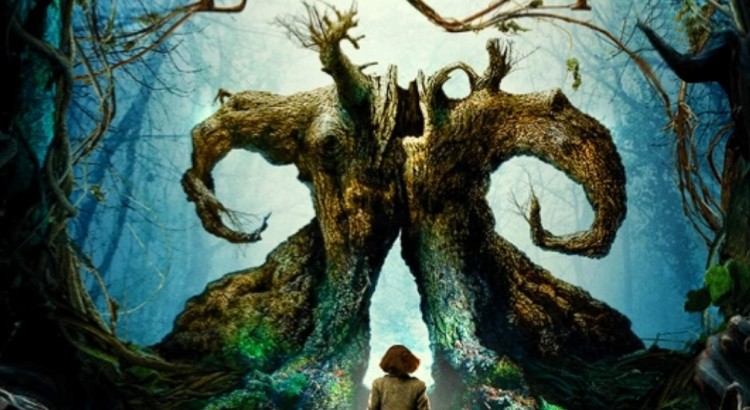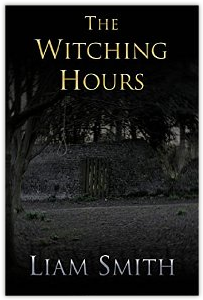I watched Pan’s Labyrinth, Guillermo del Toro’s masterpiece, a couple of times when I was a teenager. I thought it was brilliant then. But just now I watched it for the first time as proper adult, and I’ve gone from merely thinking it was great to considering it one of the best films ever. Here’s my… Well, less of a Pan’s Labyrinth review, more of a Pan’s Labyrinth reflection. Why I think it deserves to go down in history as one of the most important films ever made.
It treats fantasy and drama as equals
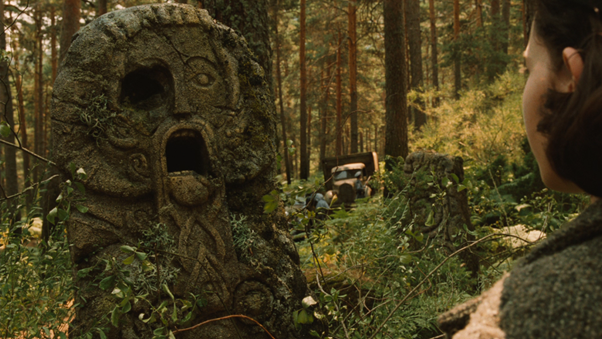
Pan’s Labyrinth is, of course, a fantasy film. What’s more, it’s told through the eyes of a child protagonist: the imaginative Ofelia (Ivana Baquero). But del Toro knows that the true purpose of a fairy tale is to provide a coping mechanism for the horrors and dangers of the real world. It’s not just an excuse to include unlikely creatures and CGI-heavy locations in a story. Accordingly, he doesn’t labour over matching the fantasy and drama turn for turn. He lets both breathe as gripping stories in their own right and lets the viewer reflect on them relative to one another.
The multiple narratives constantly wrap around one another – there are no hard cuts between plot strands. One scene shifts by panning to a tree, which pans directly onto the next scene. It’s as if both battle scene and fantasy confrontation are part of the same world. It’s these poetic touches that soften the transition between what could have been incongruous elements.
It’s hard hitting
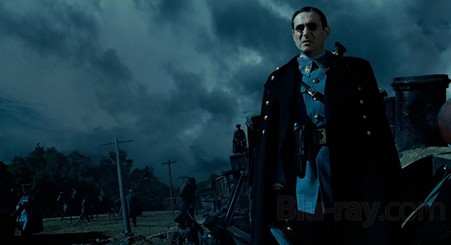
…Literally. There are scenes in Pan’s Labyrinth that burn themselves into the mind and refuse to fade. Part of this is del Toro’s refusal to tone down the violence in his film. After all, the dangers of a fairy tale are nothing compared to the cruelties that real people are capable of. This human evil is personified in Ofelia’s new stepfather Captain Vidal, played brilliantly by Sergi López. He epitomises both the brutal fascist regime of the Spanish setting and provides a contemporary foil to the archetypal evil step-parent. The torture and the hurt he inflicts throughout the film never fails to shock – it’s performed with such conviction and contrasts the theme of a child’s innocence to such a degree as to humanise and harden the impact of the violence.
It’s genuinely scary
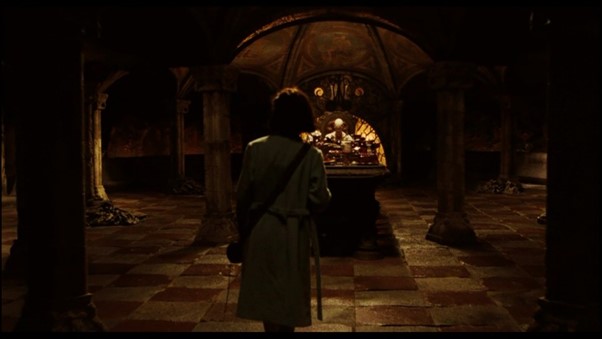
Oh yes. The human violence in Pan’s Labyrinth is terrifying, but the danger of the fantasy world is heart-racing too. The scene where Ofelia flees from the ghastly Pale Man is edge-of-the-seat thrilling, and even the faun, Ofelia’s guide and ally, is more Troll Hunter than Narnia. Just as del Toro treats the human and fantasy strands of his tale with equal respect, so he imbues the fantasy with a sense of real, human threat. This may not be a horror film in the traditional sense, but it’s hard to shake away some of the more frightening memories once the lights are out.
It means something
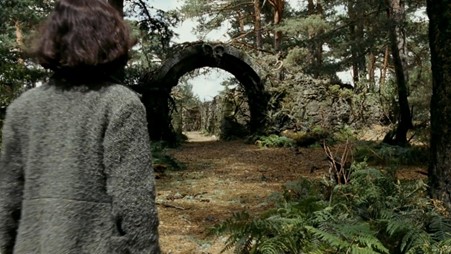
It’s a bit of a cliché to say the best films and the best books have to mean something. Bbut the fact is, so many of them do. Sometimes it’s intentional: no one doubts that Animal Farm was written to be a critique of communism, for example. But sometimes a story has a certain thematic focus that invites its audience to think further, or take something from the piece other than just the story itself. This is why the greatest novels have been interpreted and reinterpreted time after time. Even if the author wrote a metaphor-free story, recurring themes add up and reveal the writer’s thoughts and attitudes. Pan’s Labyrinth is ripe with themes, chiefly fantasy as escapism and real-versus-imagined evil. But there other ideas woven into the story that invite discussion and exploration. I found the actions of Doctor Ferreiro (Álex Angulo), perhaps the film’s moral barometer, particularly profound.
There’s nothing else quite like it
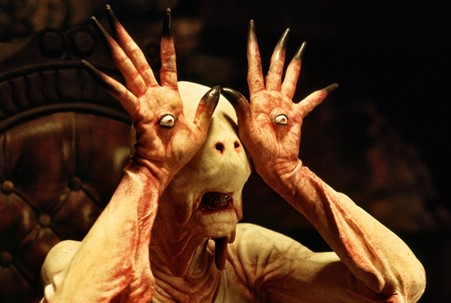
Pan’s Labyrinth isn’t the only film to twist a fairytale into something new, but it’s head and shoulders above other efforts. For a start, the ‘fairytale’ it presents to the viewer is an original story, not just a subversion of an existing classic. We can’t guess what will happen based on our knowledge of existing stories. Nor too can the film be matched for its even handling of myriad styles – the lashings of horror and war genres providing a further rush to the core story, fleshing out the main tale and giving it depth and resonance. Even its unconventional setting – Francoist Spain, with subtitles to match – helps set it apart.
The fact is, there are other films about children in times of war, and films about mythical creatures. There are films that provide us with a good-versus-evil battle. But no other film combines all these elements and makes the result such a cohesive, affecting experience. In a world of cookie-cutter comedies and samey superhero films, it’s a real achievement to both imagine something idiosyncratic and then to realise it in a way that a large demographic can understand and empathise with.
Just as Pan’s Labyrinth is itself an ensemble of disparate elements, its excellence is down to a combination of factors. At the heart of it is director Guillermo del Toro, who sticks to his guns and constructs a film that stays true to his own sentiments. It’s uncompromising in its integration of fantasy, unflinching in its depiction of human cruelty and avoiding an easy categorisation. I believe this film grants its audience an experience like no other movie, and will surely remain relevant to subsequent generations, securing its place in the pantheon of greatest films ever.
